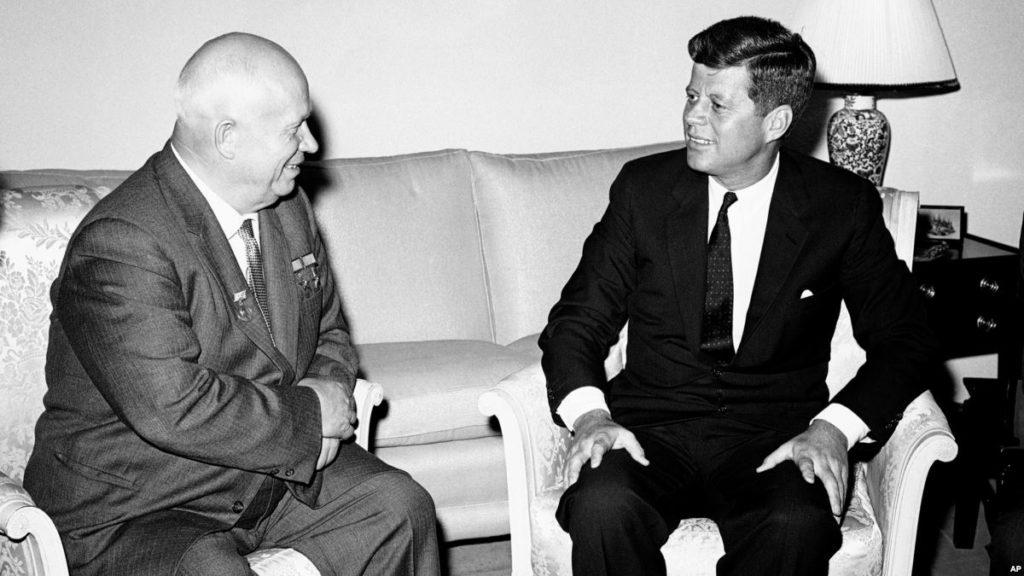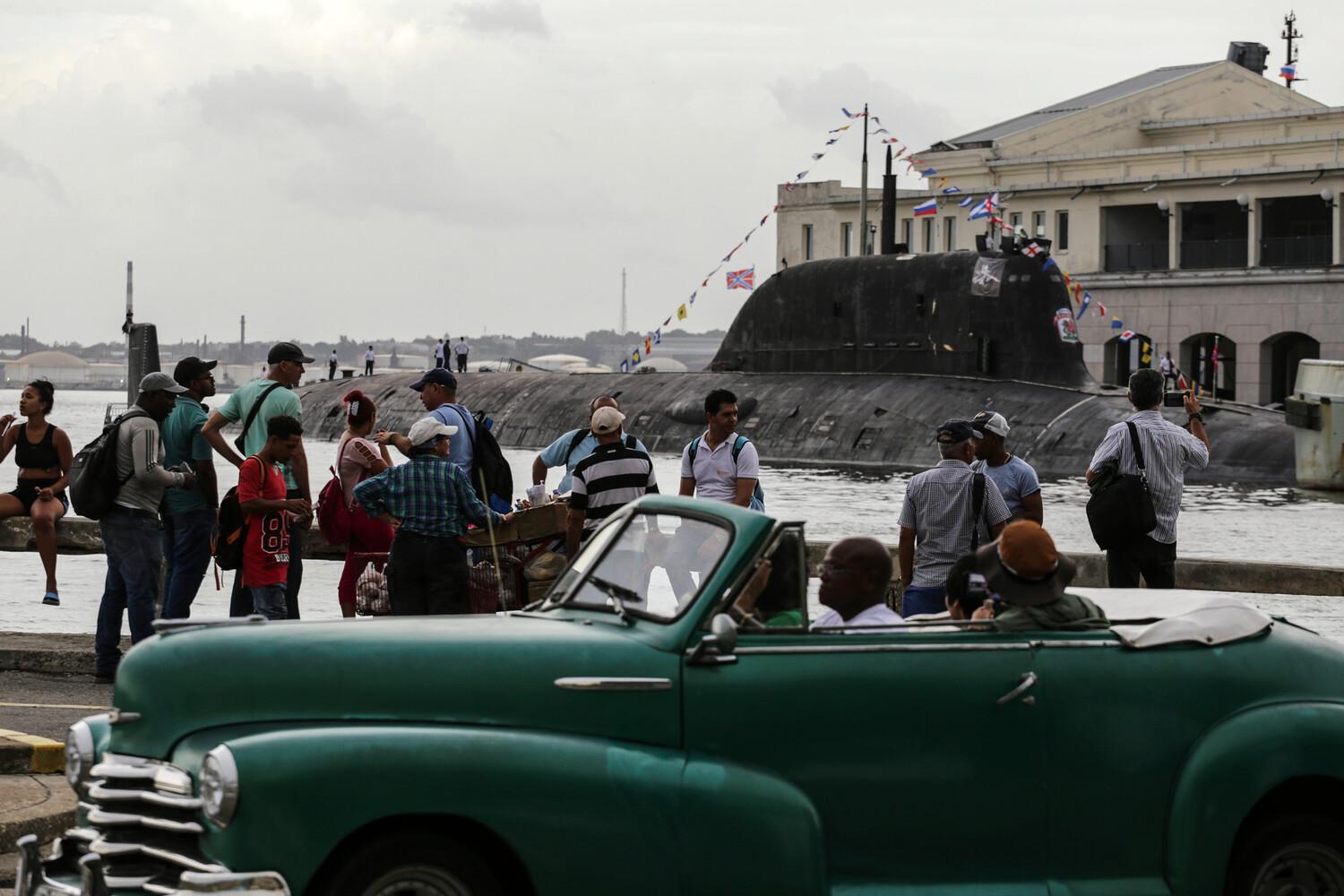Muscle flexing or shades of a new Cuban Missile Crisis? Analogy with the events of 1962
Following the conclusion of exercises involving precision-guided weapons in the Atlantic, ships of the Russian Northern Fleet arrived in Cuba, where they will remain until June 17.
According to a statement from the Russian Ministry of Defense, this move was made "within the framework of international cooperation" between the countries. It was noted that on their way to Havana, the ships came within several tens of kilometers from the coast of the U.S. state of Florida. In light of this, the Washington administration, represented by John Kirby, stated that they are monitoring the situation, although "no threat to national security is perceived."
Perhaps this information would have passed relatively unnoticed if not for the clarification by the Cuban Ministry of Foreign Affairs about the absence of nuclear weapons on the ships, followed by assurances from Russia that its vessels pose "no threat to the region."
The key nuance here is that a week before the "parking" of Russian ships near the Cuban coast, Russian President Vladimir Putin mentioned Moscow's right to supply weapons to regions from where strikes are being carried out against sensitive objects of states supplying arms to Kiev. "The response could be symmetrical. We will think about it," he said. Urging not to escalate the situation "to not just the use, but even the threat of using" tactical nuclear weapons, Putin referred to the Kremlin's nuclear doctrine, which allows for the use of "all available means" in the event of a threat to the "sovereignty and territorial integrity of the country."
Highlighting the importance of handling such issues not "lightly or superficially," but professionally, two days later, the Russian President did not rule out changes to the country's military doctrine, prefacing this statement with a remark about Russia carefully studying what is happening "in the world, around us."

In the context of Vladimir Putin's statements, a number of analysts have deemed it possible to draw an analogy with the events of 1962, known as the Cuban Missile Crisis. According to their conviction, the escalation of American-Soviet relations back then had an underlying similarity to what is happening today. Specifically, in 1961, the United States deployed Jupiter medium-range missiles in Türkiye, capable of reaching several Soviet regions, including Moscow. In response, the Kremlin stationed military units in Cuba, equipped with both conventional and nuclear weapons, including ground-based ballistic and tactical missiles.
During an emergency UN Security Council session, the American side presented aerial photographs of Soviet missile launchers in Cuba, which led to discussions of a possible nuclear war. However, the Cuban Missile Crisis was localized through the dismantling of Soviet missile installations and their withdrawal from Cuba, coupled with a corresponding resolution involving American missiles in Türkiye.
Overall, a certain parallel with the events of 1962 is discernible, although the current situation primarily involves verbal exchanges between the West and Russia (referring to the use of Western military forces against Russian territory). However, serious experts believe that at this historical moment, the situation is largely about flexing muscles between Washington and Moscow—an exercise in demonstrating a "theoretical" scenario, albeit one with political implications.
For instance, when Russian warships appeared near Cuba, Donald Trump referred to it as an "unthinkable phenomenon," expressing a desire not to see them "right off the coast of Florida." Politically, he criticized Joe Biden and Republican Senator Marco Rubio, who exclaimed that Russian nuclear submarines had not appeared in the Caribbean Basin for over 30 years.

In this regard, some observers call Moscow's move promising for Trump and his associates in terms of using it in their campaign rhetoric as evidence of Biden's "weakness" and the necessity to "make America great again." In harmony with this, voices from Washington have emerged claiming that Havana is attempting to shape a target audience on social media to influence voters in Florida, where the Cuban-American community is also represented.
Thus, once again, the issue of foreign interference in U.S. presidential elections arises. Once again, there is talk of trolls and certain controlled "support groups" on social networks. However, the unfortunate experiences of Scholz and Macron in the latest European Parliament elections clearly demonstrated that basing electoral campaigns on "anti" themes is unproductive. Blaming external forces for one's own failures doesn't work. On the contrary, such moments are perceived by the population as a sign of weakness and an inability to manage effectively. Furthermore, rhetoric and actions based on "anti" themes obscure any visible steps on the domestic front, simply because there are none.
Thus, various nuclear submarines, surveillance balloons, spy mania, and so forth are unlikely to become decisive factors for voters in terms of supporting a particular candidate. Without a clear domestic agenda offering solutions to the problems faced by different segments of the population, references to a "repeat of the Cuban Missile Crisis" or "vigorous interference" in elections simply won't play a significant role.
By Teymur Atayev
The views and opinions expressed by guest columnists in their articles may differ from the editorial board's position and do not always reflect its views.








